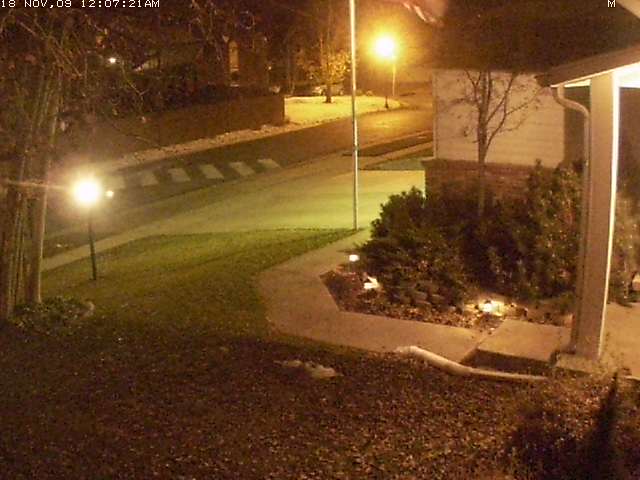In a split decision, a
federal appeals court panel in Denver ruled Tuesday that Kane County
had no authority to remove signs restricting off-highway vehicle use,
and put up new signs inviting such use, in the Grand
Staircase-Escalante National Monument and other areas overseen by the
Bureau of Land Management.
It's uncertain whether Kane County will appeal the latest decision in this long-simmering case.
After removing 31 signs in 2003, the county put its own signs on
hundreds of roads within the monument and outside it, asserting it had
authority to manage them under a Reconstruction-era statute known as
R.S. 2477, passed by Congress to allow road development throughout the
west. That law was repealed in 1976, although existing roads were
grandfathered.
In 2005, the Southern Utah Wilderness Alliance and The Wilderness
Society sued the county over the sign swapping and in May 2008, U.S.
District Judge Tena Campbell ruled Kane County was in the wrong: It
hadn't proved in court that it owned the roads in question, so the
federal government got to decide how those rights of way should be
used.
Two judges of the U.S. Court of Appeals for the 10th Circuit in
Denver agreed with Campbell; Justice Michael McConnell, a former Utahn,
dissented, arguing that Kane County shouldn't have to prove in court
that it owns the roads. He also sided with Kane County's argument that
the environmental groups had no standing in the case and said the
ruling will
only make it more difficult to resolve the property issue.
"By holding that counties have no valid existing rights to manage
or maintain roads over federal land without first going to court, the
majority today has made mutual accommodation more difficult," McConnell
wrote.
Kane County has the option of appealing the ruling to all the
judges in the Tenth Circuit and, if it loses there, to the U.S. Supreme
Court.
Kane County commissioner Doug Heaton said he was disappointed by the decision.
"I think federal government power has been increasing markedly and
local government and private citizen power has decreased, and that is
not a good thing," he said. "But I am confident that the county
commission will do the right thing and obey the law. I am not sure
where we will go from here."
Southern Utah Wilderness Alliance associate director Heidi McIntosh
said the court confirmed that Kane County cannot take the law into its
own hands by ripping down BLM signs that closed areas to protect
resources or archaeological sites. By citing the Constitution's
Supremacy Clause, she added, the court also dealt a blow to proponents
of the so-called Sagebrush Rebellion, who argue that federal ownership
of public lands is unconstitutional.
"The Sagebrush Rebellion is based on a fallacy, but it's always
good for the court to remind people of the status quo," she said.
McIntosh said there are still 908 miles of open road in the Grand
Staircase-Escalante National Monument that provide plenty of public
access.
Neither Campbell nor the 10th Circuit judges ruled on whether the
roads in question are valid rights of way under R.S. 2477. Mark Ward, a
policy analyst for the Utah Association of Counties, which became a
party to the suit on behalf of Kane County, found hope in that.
"We are encouraged that the 10th Circuit majority opinion made it
crystal clear that not a single road in the monument has been deemed
invalid," said Ward.
McIntosh said a trial on R.S. 2477 claims will begin in U.S.
District Court in Salt Lake City on Sept. 14, when San Juan County will
argue that the National Park Service had no right to close the Salt
Creek Road in Canyonlands National Park because it qualified as an R.S.
2477 road.
Former BLM director Pat Shea, now a Salt Lake City attorney who
joined the environmentalists in the Kane County case along with past
agency directors Jim Baca and Mike Dombeck, said he hoped Kane County
residents and political leaders begin making Grand Staircase-Escalante
National Monument into an economic engine rather than viewing it as a
lemon.
"It's always nice when you win but when it is winning over an
effort to have bad public policy, it still leaves a distaste in my
mouth because of how much money was spent," he said.
























